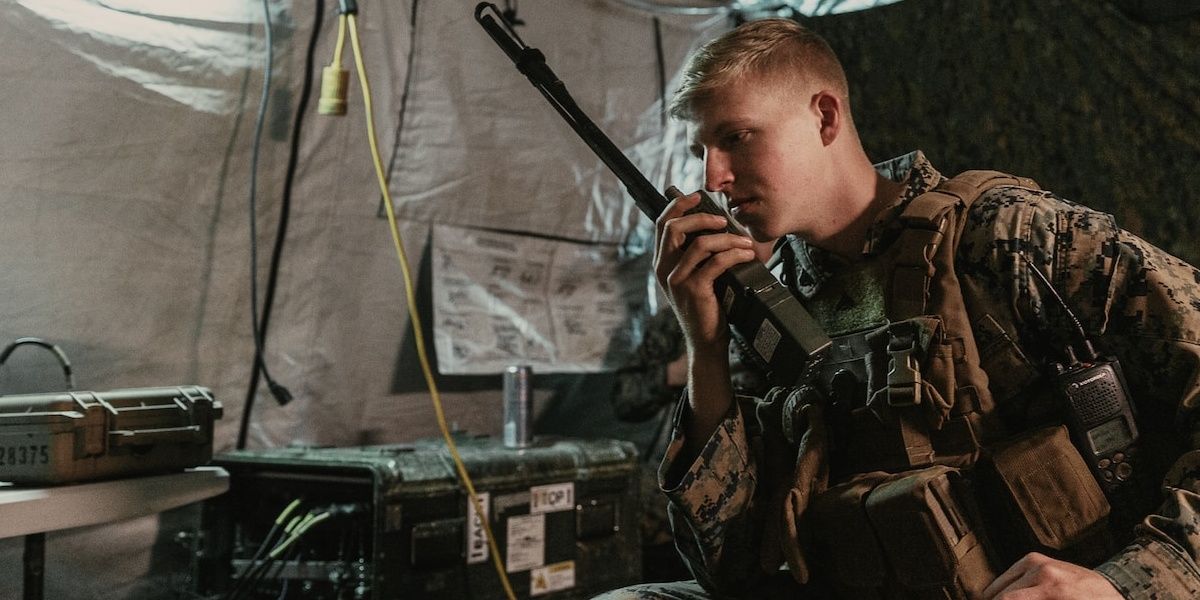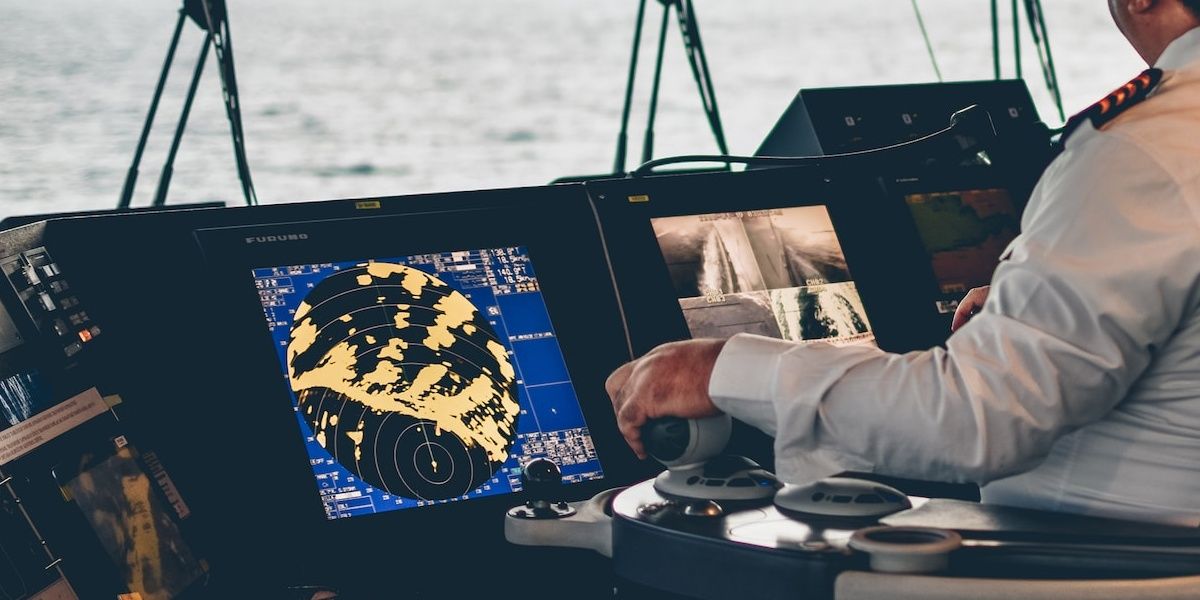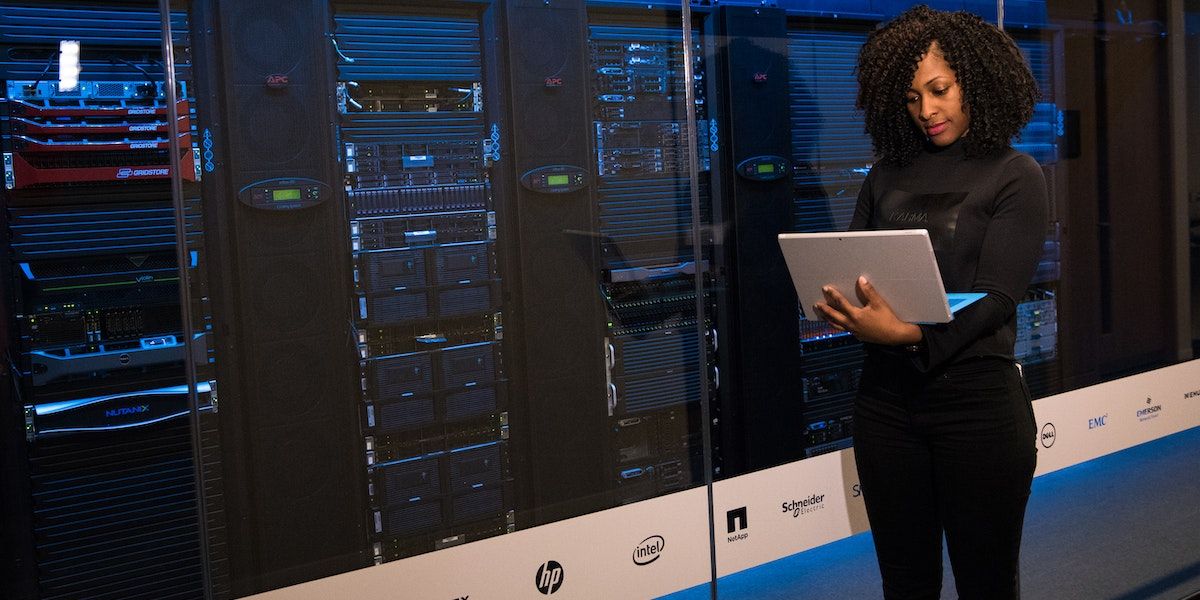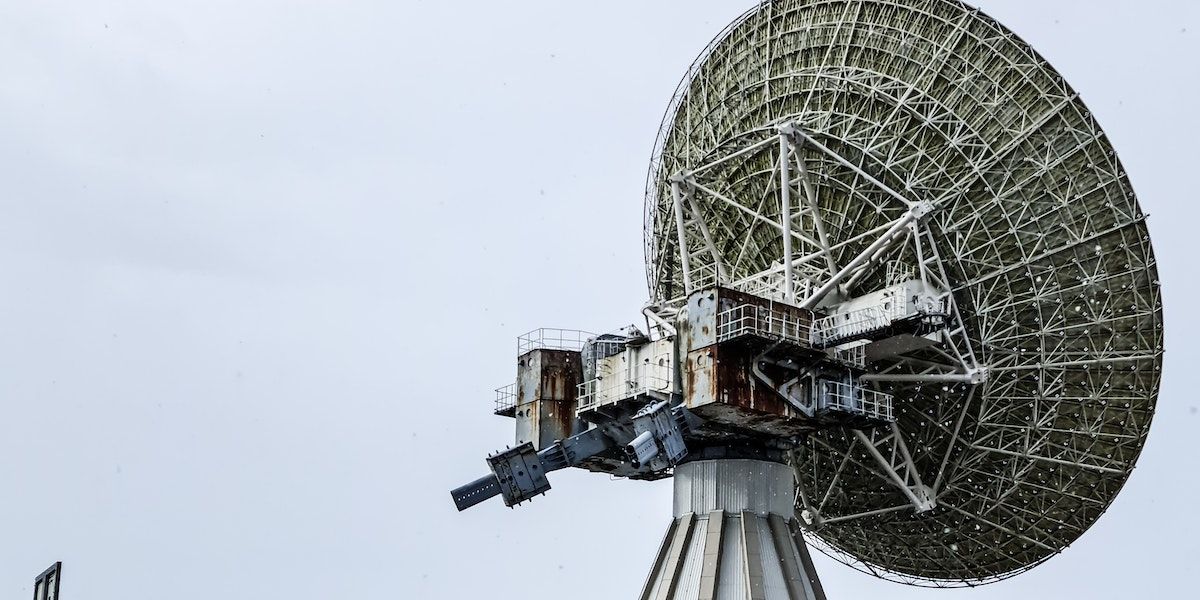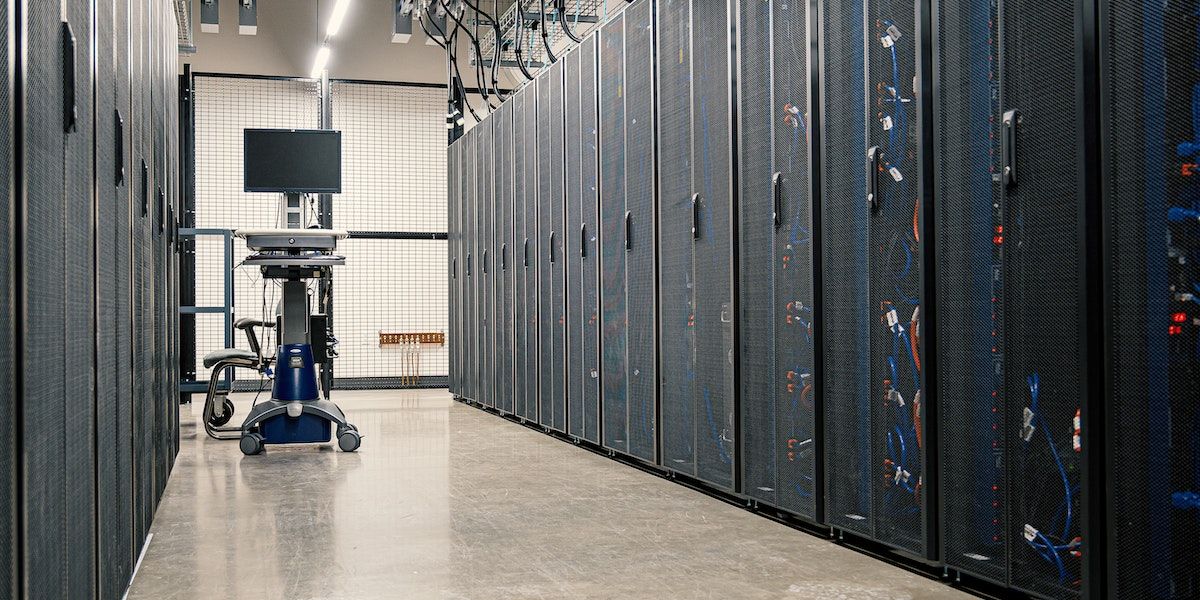If you’re looking to serve your country while operating in tech, a tech career in the military may be the best fit for you. As a military techie, you can provide crucial support to frontline combat operations or handle IT operations within state-of-the-art data centers, far away from the peril of bullets and bombs.
Whether you'll be writing complex code or deciphering hidden signals, every tech and cyber job in the military plays a pivotal role in ensuring mission success.
1. Operations Research Analyst
Operations Research Analysts (ORAs) employ advanced analytical practices to enhance decision-making in the military. By adopting mathematical models and data-driven insight, they provide calculated solutions that yield tactical results.
As an operations research analyst, you get to use your tech skills to:
- Create simulations to forecast outcomes and analyze the feasibility of various strategies.
- Offer insights for adjusting to strategies during missions.
- Carry out a risk assessment and estimate potential exposures in military operations.
- Boost the overall efficiency of military operations with data.
To become a qualified ORA and to avoid making a tech career mistake, you need a degree of relevant expertise. For example, a degree in statistics, computer science, or applied mathematics can pivot you into an ORA role. Most importantly, you need a security clearance to work in the military.
2. Radar Technician
A radar technician is an electronics specialist that handles radar equipment in the military. If you desire to become a radar technician, the tools you will be in charge of revolve around radar equipment for weather forecasting, air traffic control, and astronomy.
Likewise, you will use advanced test equipment to analyze and calibrate systems. You need relevant technical skills and qualifications to prepare your arsenal for this role. Qualifications include a vocational school certificate or an Associate Degree in Electronics Science or Electronic Engineering Technology.
As with other technical positions in the military, you will need a security clearance to work on radar systems for the military.
3. Information Security Analyst
An Information Security Analyst is an expert who designs and implements network protection. In the military, they help set standards and maintain computers and electronic networks while safeguarding them from cyberattacks.
As an information security analyst, you are responsible for:
- Monitoring computer networks for security issues and potential threats.
- Scrutinizing security and other cybersecurity-related breaches.
- Performing compliance control testing.
- Providing information security measures.
To be outstanding in this career, you must possess analytical thinking and problem-solving skills and understand the importance of teamwork. This is one of the numerous benefits of learning soft skills for tech professionals. Other necessities include cybersecurity basics and understanding privacy laws.
4. Robotics Engineer
In the military, a robotics engineer focuses on building machines and robots that can act and imitate human actions. Robotics engineers rarely have war-front duties; they mainly control war-aid machines. Some of the robots they create are reconnaissance and surveillance robots.
Robotics engineers also team up with mine clearance squads to operate mine clearance machines to eliminate human casualties in mine defusing. To qualify for this kick-ass role, you must understand robotics, automation technologies, and programming. Similarly, you must be a problem solver and be able to work with a team.
5. Network Architect
As a network architect in the military, your task is to ensure seamless operations of the communication networks. The optimum performance of communication networks is paramount in the military.
Network architects collaborate with communications operators to establish and test secure network channels. In addition to designing these networks, network architects manage computer network infrastructures to confirm they operate seamlessly.
Among other things, network architects:
- Manage information and network security
- Implement hardware and software upgrades
- Repair faulty network equipment
- Keep documentation of networks ranging from drawings to descriptions and configurations.
- Research network technologies and stay updated on field advancements.
To pursue a career as a Network Architect, you need a degree in IT-related fields such as Systems Engineering. Additionally, other computer-related courses give you hands-on experience and relevant skills to carry out your duties as a network architect.
Aside from the background qualification for the role, you must also possess some soft skills. First, you must be able to think critically under pressure, pay keen attention to detail, communicate effectively, and possess leadership skills. These are skills you can add to your resume to boost your chances of landing the role.
6. Cryptologic Technician
A Cryptologic Technician (CT) serves in the Navy to gather data and intelligence via signals and electronic communications. With this data, they can provide insights into safe sailing on the seas.
As a CT technician, your job responsibilities include the following:
- Guiding military leaders in warfare, focusing on air, sea, and land radar signals.
- Collecting data and preventing data breaches.
- Installing, troubleshooting, configuring, and requesting replacements of electronic systems.
- Analyzing encrypted communication signals.
- Block enemy radar signals.
7. Satellite Communication Systems Operator
Satellite communication systems operators (SCSO) ensure that the lines of communication are always steady and working in the military. They are the bridge for communications as fast as the speed of light in the military. As a result, they maintain multichannel satellite communications for the entire military.
Besides, as an SCSO, you are responsible for carrying out stressed and unstressed network operations and preparing the system and equipment-related reports. With these tests, the military can be confident of seamless communication in warfare.
Furthermore, to position yourself for the SCSO role, you must take the Armed Services Vocational Aptitude Battery and undergo Basic Combat Training in addition to 18 weeks of Advanced Individual Training. However, if you prefer remote careers in the military, you can look out for them on sites for finding remote tech jobs.
8. Database Administrator
Databases are used to keep records of people, equipment, and other important series of information. For the upkeep of this information, they require the services of a database administrator.
As a database administrator in the military, you get to use your skills to:
- Establish policies and procedures to ensure military security, maintenance, and use of the database management system.
- Ensure that military data and databases are appropriately backed up and can be recovered quickly.
- Converting conventional data models into a physical database design.
While obtaining a degree in an IT field is a prerequisite for this role, database administration certifications are pertinent. Some certifications include IBM Certified Database Administrator, Microsoft Certified Solutions Associate, and Oracle Database Administrator Certified Associate.
Serving as an IT Specialist
Do you want to serve your country as a techie? You can easily do so with tech careers in the military. From war-front tech operations to command center technical responsibilities, there are numerous jobs for techies in the military.
As a techie in the military, you can make the world safer with cutting-edge tech that can preserve lives on the war front. The possibilities of tech in the military are endless.
FAQ
Q: What Is the Hardest Military Branch to Get Into?
The Air Force is often considered the hardest military branch to get into in terms of education requirements. It requires a high school diploma or equivalent, and a score ranging from 31 to 65 on the Armed Forces Vocational Aptitude Battery (ASVAB) depending on your current education level. The Air Force also has stricter standards for physical fitness and medical fitness than the other branches.
Q: What Is the Most Advanced Military Tech?
Military technologies are constantly evolving, but some of the most cutting-edge ones in development or deployment today are hypersonic weapons that travel at Mach 5 speeds or higher (Mach 1 is the speed of sound), artificial intelligence for developing autonomous weapons systems and analyzing battlefield data, cyberwarfare to disrupt the enemy's computer systems, and quantum computing to break encryption and simulate battlefield scenarios.
Q: What Is the Best Branch of the Military to Join for Cybersecurity?
The Air Force and Space Force are the two military branches to consider if you're interested in cybersecurity. Both have the largest cybersecurity forces—so there won't be much competition—and offer the most opportunities for training and advancement allowing you to advance in your career more quickly than you otherwise would in other branches of the military.


